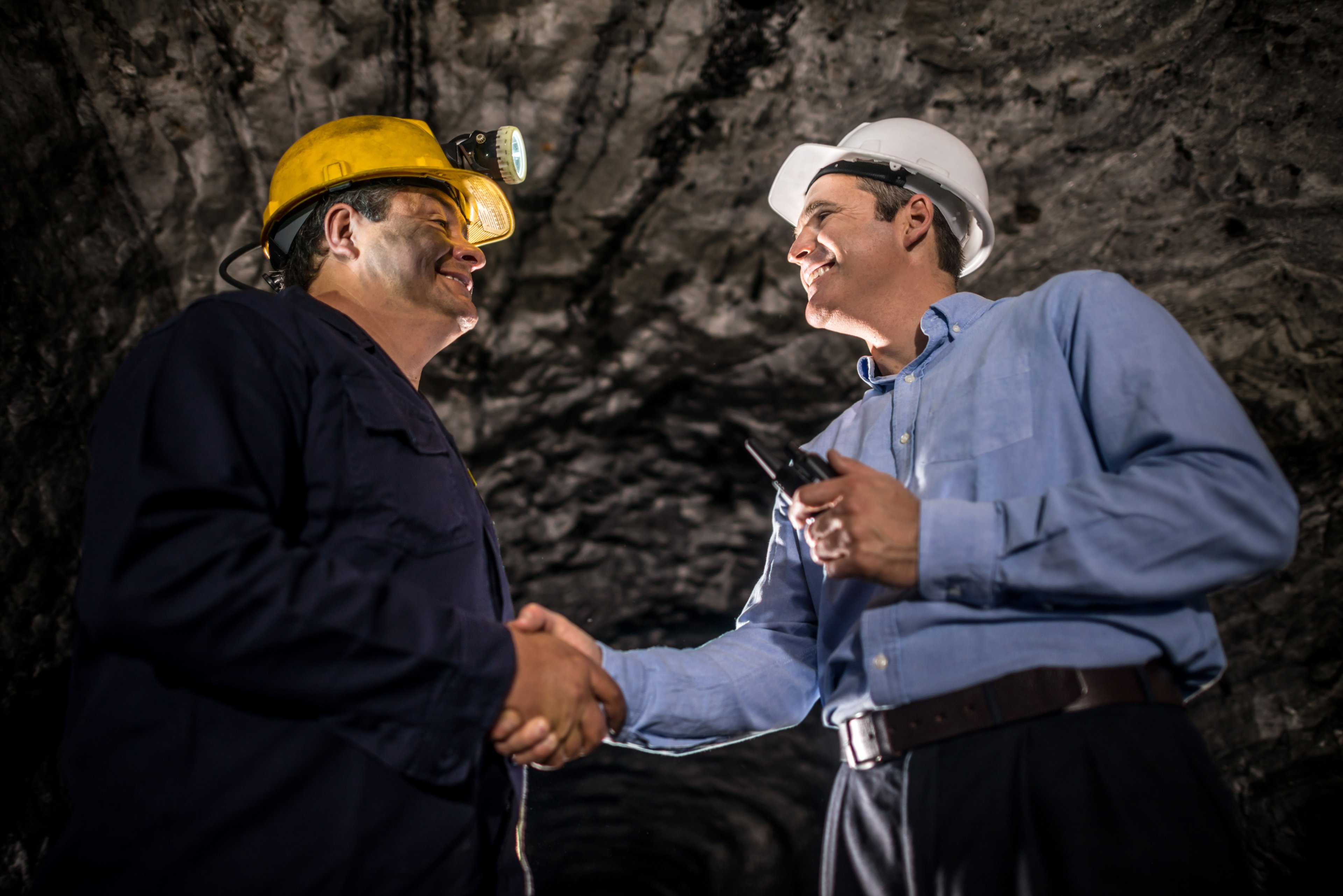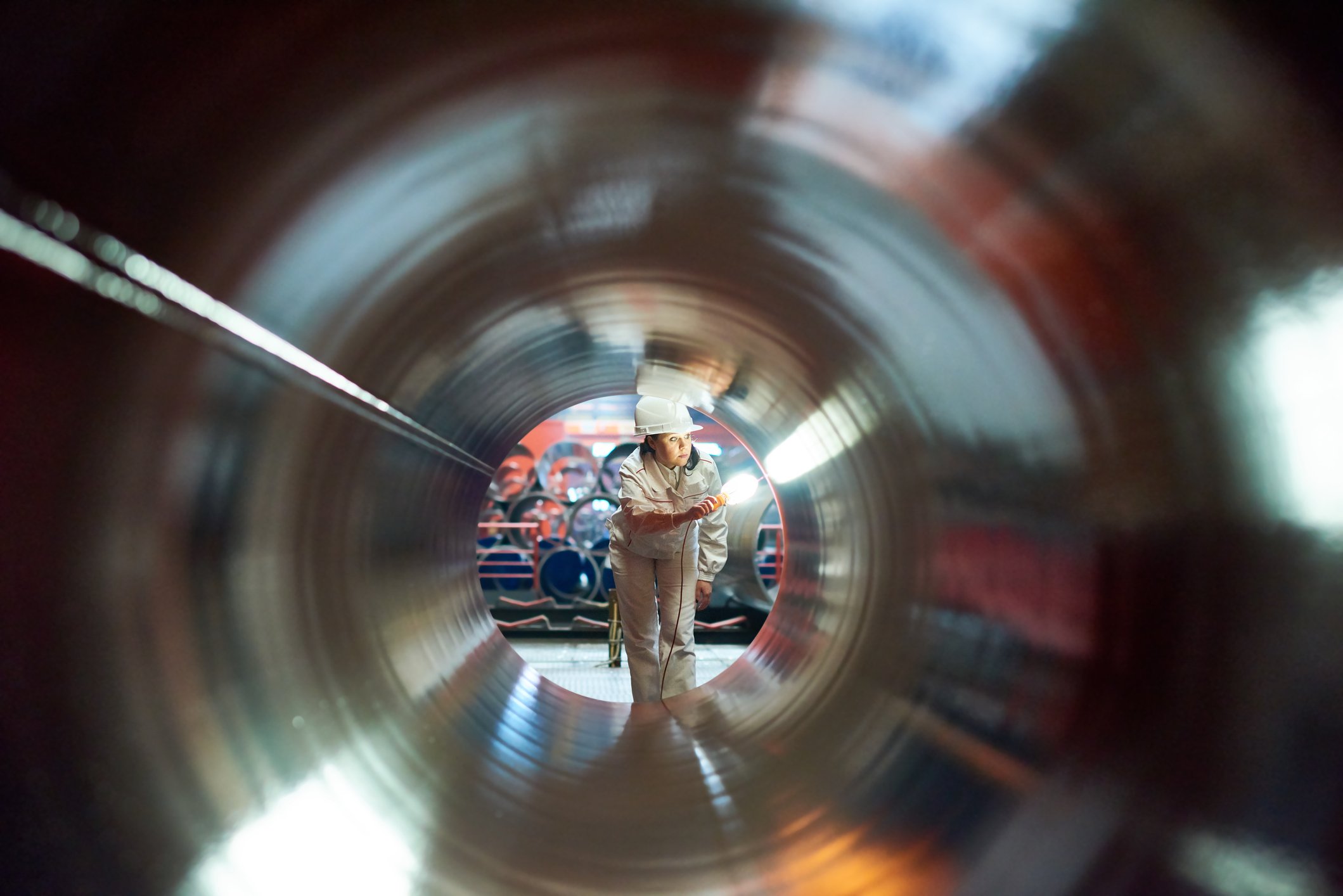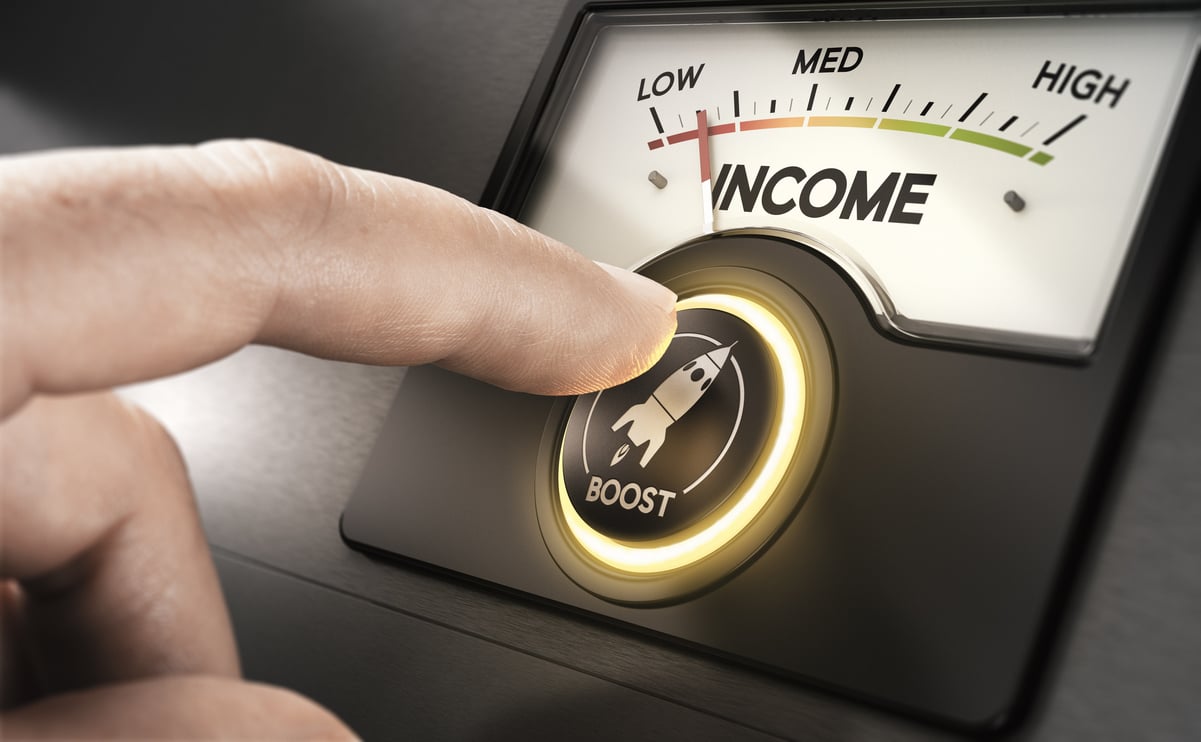Last week, Kinder Morgan (KMI +1.45%) sold their stake in one of their pipelines, netting the company about $1.5 billion. Shortly after, CEO Steve Kean announced that the company was "very close" to rewarding shareholders with a raised dividend or share buyback program.
In this clip from the Industry Focus: Energy podcast, Sean O'Reilly and Taylor Muckerman explain why the cash this sale netted is barely a drop in the bucket for Kinder Morgan, and why it would be less than wise for the company to raise their dividend because of it.
A transcript follows the video.
This podcast was recorded on Jul. 14, 2016.
Sean O'Reilly: We have to talk about what Kinder Morgan has been up to.
Taylor Muckerman: Absolutely. A couple different stories coming out of their camp lately.
O'Reilly: Their CEO, Steve Kean, I don't know if this guy has a private jet, I'm sure, but he's been pretty active lately.
Muckerman: I don't know, Kinder Morgan, they don't have private jets.
O'Reilly: Oh, they don't?!
Muckerman: No, that's one of the big things. They don't have.
O'Reilly: He's a billionaire, right?
Muckerman: Steve Kean, no.
O'Reilly: Oh, he's the CEO, the founder. Right, I apologize.
Muckerman: Rich Kinder is the billionaire, yeah.
O'Reilly: He has the private jet.
Muckerman: I actually interviewed Steve Kean when he was the chief operating officer down in their Houston office a few years back. I've seen him, obviously, take the next step, and he's the CEO now.
O'Reilly: So, can't wait to get your thoughts on this. Hit the wires last week -- Kinder Morgan lined up the sale of, correct me if I'm wrong, half a pipeline that they own in the South-East United States.
Muckerman: They own 50%, so they sold their whole stake.
O'Reilly: Oh, sold the rest of it, OK, to the other owner, which was Southern Company. It netted KMI $1.5 billion. What's interesting to me about this was, the second it happened, everybody was like, "Oh! Their financial troubles are over! They're going to increase the dividend and all that stuff." I was not wowed by the size of this deal.
Muckerman: No. Compared to their debt load of over $40 billion ...
O'Reilly: It's like $49 billion! It's 3.5%!
Muckerman: Yeah, pretty substantial. Just about the same or more than their actual market cap, is what their debt load is looking like. This is something we've seen out of the company in the last month or so. This is just one of multiple pipelines that they've sold completely out of or an interest in to another company. They've also shelved multiple projects that they were thinking about moving forward with, just based on the fact that they didn't have as much buy-in from natural gas suppliers to flow through these pipelines. So the returns they're expecting weren't justified. Maybe back a few years ago, during the heyday of Kinder Morgan spending a ton of money, they might have accepted a lower return, expecting that they could then fill the rest of the contracted amount that you could actually flow through. But now, they're a little bit more hesitant because maybe they have reached their peak, or maybe even gone beyond the peak of how big they actually should be.
O'Reilly: Right. So, the sale was announced, and it did not take long for Kean to come out and say that the company was "very close", those were his words, to being able to reward shareholders via dividends or share buybacks. Does it seem to you like he's jumping the gun there? The proceeds, as I mentioned, represent 3.7% of their total debt load. The proceeds were just a little bit more than the company's entire free cash flow last year, $1.3 billion. The dividend previously cost $4 billion, before they cut it. They do have some projects. They just got approval for that $4 billion project for the tar sands up in Canada. I was like, you feel like a big swinger now again? I don't ... (laughs)
Muckerman: Maybe on the share buybacks side. But I don't know if a dividend--
O'Reilly: Which I could see the argument for. It's down a bunch. I don't know, it's just like, really? What?
Muckerman: I don't know if I could justify, if I was the CEO, raising the dividend. It's still paying right around 2.5% yield, so it's not a terrible yield. It's definitely not in the 4-7.5% range, as it bounced back and forth between a couple years ago before they cut the dividend by 75% last year. But, I don't know. It seems a little too early, because even the energy industry hasn't fully recovered, much less Kinder Morgan itself.
O'Reilly: Right. And not only that, but this doesn't -- I went back through Capital IQ and looked at their cash flow statement, at the lines for debt issuances and debt retirements. They've rolled over $10 billion of debt every year, and they've done that for the last five years. That's business as usual, and that's fine. That's kind of what these MLP and pipeline operators do. But again, I could not see why the $1.5 billion made that big of a difference.
Muckerman: Yeah, you're right. It's just kind of a blip on the radar. They've also been downgraded in this credits sphere. It'll be interesting to see what interest rate they get as the next tranche of debt retires and they have to roll it over.
O'Reilly: That's actually a good point. It'll be interesting to see. They haven't hit the debt markets again, from what I know.
Muckerman: Yeah, not off the top of my head have I seen that, either.






